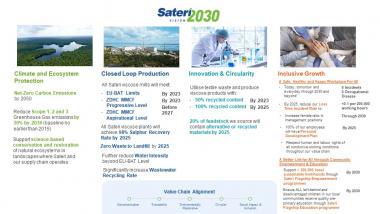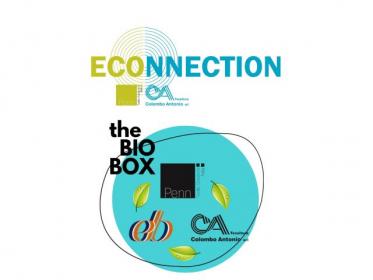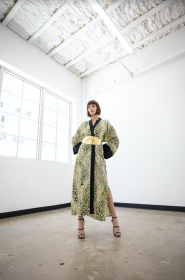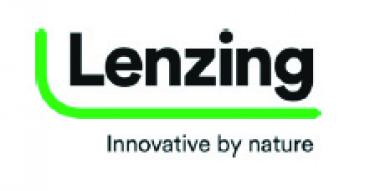ECONNECTION: new collaborative business model
- A new collaborative business model gives life to ECONNECTION: an eco-high-tech collection designed thinking of the “end of life”
Three premium textile companies, one common goal: jointly offer ready to use, coordinated solutions that are design driven, performing and responsible also at the end of life.
Penn Textile Solutions/Penn Italia - international company producing and developing innovative fabrics through warp and weft knitting technologies, Tessitura Colombo Antonio, famous for the processing of lace and ribbons dedicated to the world of corsetry , Elastici Besana specialized in the production of narrow elastic for corsetry and underwear, have been working together to expand the frontiers of sustainable manufacture practices and to offer an innovative collection , a new set of incredible eco high tech innovations delivering a responsibility concept including also the end of life : ECONNECTION.
The responsible ECONNECTION collection, in which the words ECO and CONNECTION mixed to underline the importance of connect and come together for a sustainable project, features:
- 7 advanced knitted stretch fabrics by Penn Textile Solutions/Penn Italia,
- 3 precious laces by Tessitura Colombo Antonio
- 3 functional bands by Elastici Besana
So, 3 key leading companies with a key target : to design and deliver the market amazing responsible fabrics able to offer a responsible end of life. This opened up the door to new generation of ingredients such as:
- ROICA™ V550 made by leading fiber manufacturer Asahi Kasei, a premium sustainable stretch yarn that at the end of his life smartly breaks down without releasing harmful substances in the environment according to Hohenstein Environment Compatibility Certification and also boasting the Gold Level Material Health Certificate by Cradle-to-Cradle Product Innovation Institute** as it has been evaluated for impact on human and environmental health.
- Amni Soul Eco®, the world’s first biodegradable in anaerobic conditions polyamide 6.6 yarn that degrades in around 5 years* after disposing in landfill, developed by SOLVAY and produced and distributed in Italy by FULGAR.
The collection is presented in its BIO -BOX that will be sent to selected brands at worldwide level
A smart project that highlights the importance of synergies between companies know how, and new generation of materials , that is able to take products to a new level of responsible innovation, technology and exceptional performances where beauty and function will be able to carry the smart factor for the values they represent for the consumer and highlighting for the first time also the importance of their end of life.
 (c) GB Network
(c) GB Network
 (c) GB Network
(c) GB Network
 (c) GB Network
(c) GB Network
 (c) GB Network
(c) GB Network
 (c) GB Network
(c) GB Network
 (c) GB Network
(c) GB Network
Penn Textile Solutions Tessitura Colombo Antonio Elastici Besana ROICA™ Asahi Kasei
GB Network


































